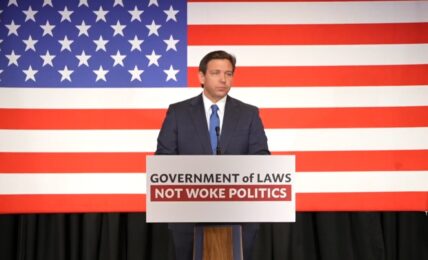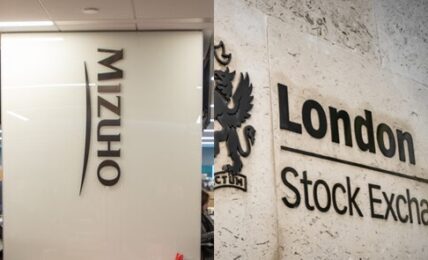Saudi Arabia announced on the weekend a national target to achieve net zero emissions by 2060, along with plans to join global efforts to slash methane emissions. The goals were unveiled in a speech by Crown Prince Mohammed bin Salman at the Saudi Green Initiative climate forum, days before the United Nations COP26 climate conference. Saudi Arabia is the world’s largest exporter of crude oil, and the petroleum sector accounts for roughly half of the country’s GDP, according to OPEC.
At the forum, state-owned Saudi Aramco, the world’s largest oil company, also announced an ambition to achieve net zero emissions from operations by 2050.
Prince Mohammed stated that the initiatives planned by the country will reduce 278 million tons of carbon emissions annually by 2030, and include investments of nearly $190 billion. He also announced that Saudi Arabia will join the Global Methane Pledge, which aims to reduce methane emissions by 30% by 2030.
The Saudi announcements were met with a mix of praise and skepticism. While COP26 host UK Prime Minister Boris Johnson said, “Saudi Arabia’s landmark pledge to reach net zero emissions by 2060 is a major step forward,” Alok Sharma, COP26 President also welcomed the goals, but said that he is looking forward to details on the country’s plans:
Other noted that the plans fell short of global ambitions in several ways. The country’s net zero target is ten years behind the global goal of 2050, though it does align with the goals of Russia and China. Crucially, Saudi Aramco’s target only includes operational emissions, but not Scope 3 emissions, including those from the use of its products, which represent the vast majority of climate impact. Furthermore, Prince Mohammed’s remarks did not include plans to phase out fossil fuel production over time, but referred to the use of a “Carbon Circular Economy” approach to reaching its net emissions reduction goal, which relies heavily on carbon capture and storage technologies.
Greenpeace expressed concerns regarding the country’s plans, noting the lack of a serious commitment to reduce emissions and its dependence on fossil fuels, as well as the country’s recent announcement that it will increase oil and gas production.
Greenpeace MENA’s campaigns manager, Ahmad El Droubi said:
“We question the seriousness of this announcement, as it comes in parallel with plans for the Kingdom to increase its oil production from 12 million barrels per day to 13 million barrels per day and seems to simply be a strategic move to alleviate political pressure ahead of COP26.
“Climate change is a global threat that requires a global reduction of carbon emissions, hence fossil fuel exporting countries have a responsibility beyond their national borders. We urge KSA to stop expanding their investment in oil and gas at home and abroad.”
The post Saudi Arabia Net Zero Plan Meets Praise, Skepticism appeared first on ESG Today.



